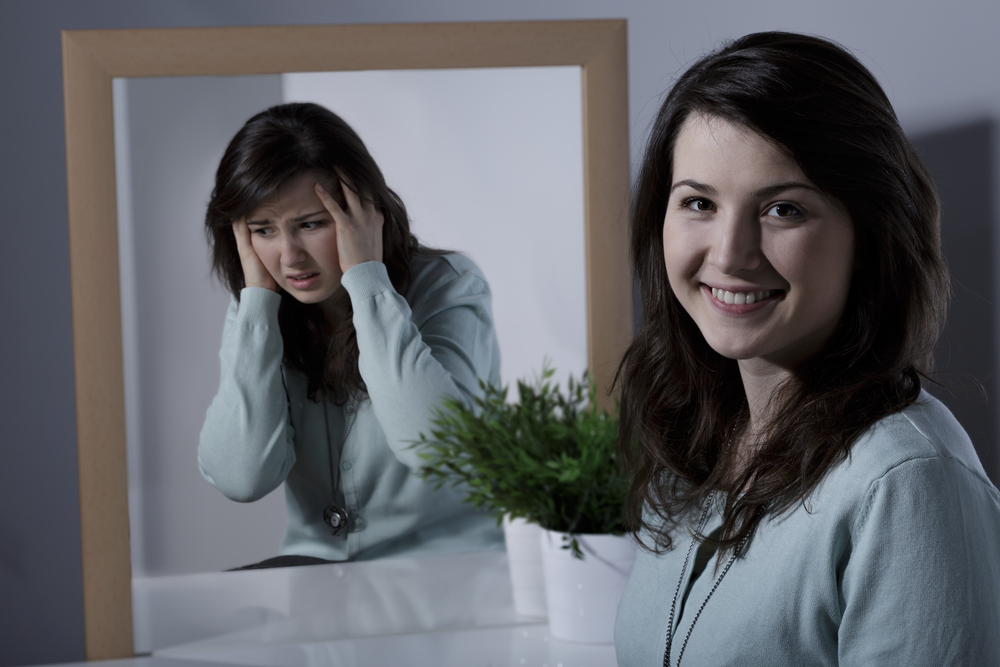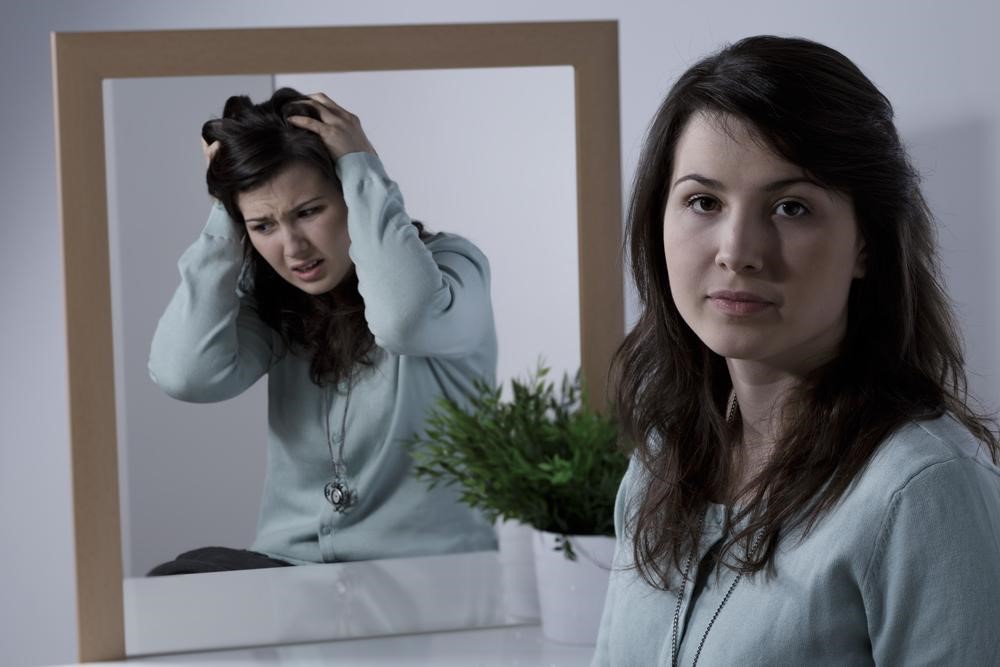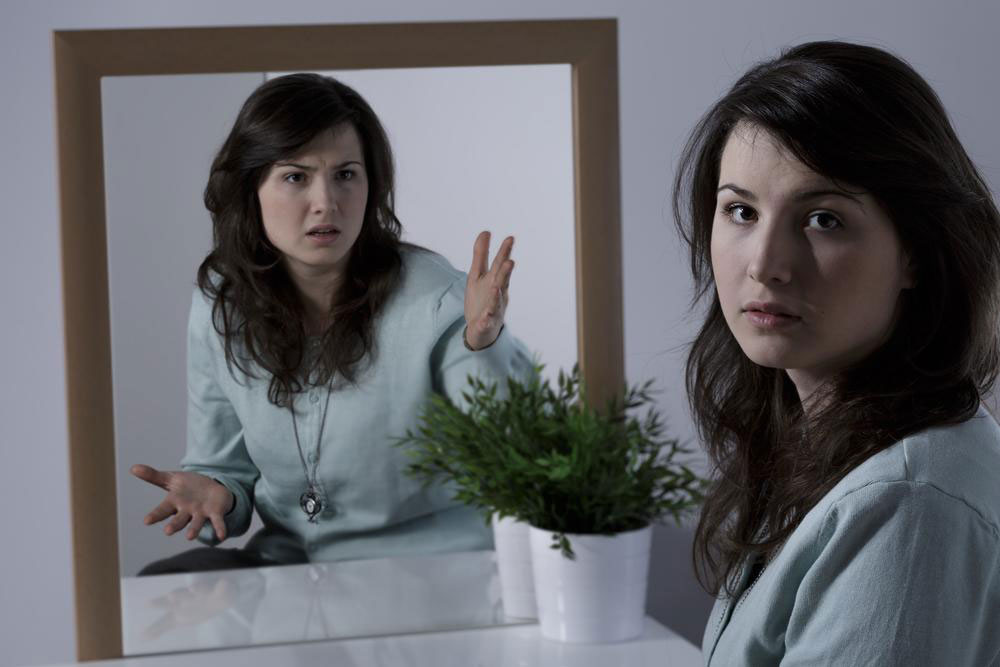Understanding and Managing Bipolar Disorder: Treatment Insights
This article provides comprehensive insights into bipolar disorder, highlighting medication options, psychotherapy approaches, and alternative treatments. It emphasizes the importance of professional supervision for effective management. Learn how proper treatment can help individuals cope with severe mood swings, improve daily functioning, and enhance quality of life. The content aims to inform readers about various strategies to manage this complex mental health condition responsibly.

Understanding and Managing Bipolar Disorder: Treatment Insights
Bipolar disorder, also called manic-depressive illness, is characterized by dramatic mood swings, including periods of intense depression or mania. It is a chronic mental health condition involving significant shifts in mood and behavior, affecting daily life profoundly.
Medication-based interventions
Managing bipolar disorder often requires lifelong treatment comprising medications and lifestyle adjustments. The main medication categories used are:
Antipsychotics – Used to treat manic episodes and psychotic features associated with bipolar disorder.
Antipsychotic drugs should be taken under strict medical supervision since high doses can cause adverse effects. Regular blood tests and assessments are vital.
Antidepressants – Recommended when depressive episodes occur without mania or hypomania, and only when deemed suitable by a healthcare professional.
Mood stabilizers – These drugs, including valproic acid, help control severe mood swings and are especially useful during manic phases. They serve to keep emotional stability.
Psychotherapy approaches
Psychotherapy plays a key role in bipolar disorder management. Therapy helps individuals cope with emotional challenges, stabilize moods, and improve relationships. A trained therapist guides patients through difficult feelings and stress management.
Cognitive-behavioral therapy (CBT) – Focuses on recognizing negative thought patterns and developing healthier responses to triggers, reducing the risk of mood episodes.
Acupuncture – This traditional technique helps modulate stress responses and manage anxiety, aiding in controlling mania and depression symptoms.
Bipolar disorder can severely impact daily activities, including work, education, and social interactions, as well as personal relationships. Effective treatment strategies are essential for managing these challenges and improving quality of life.










